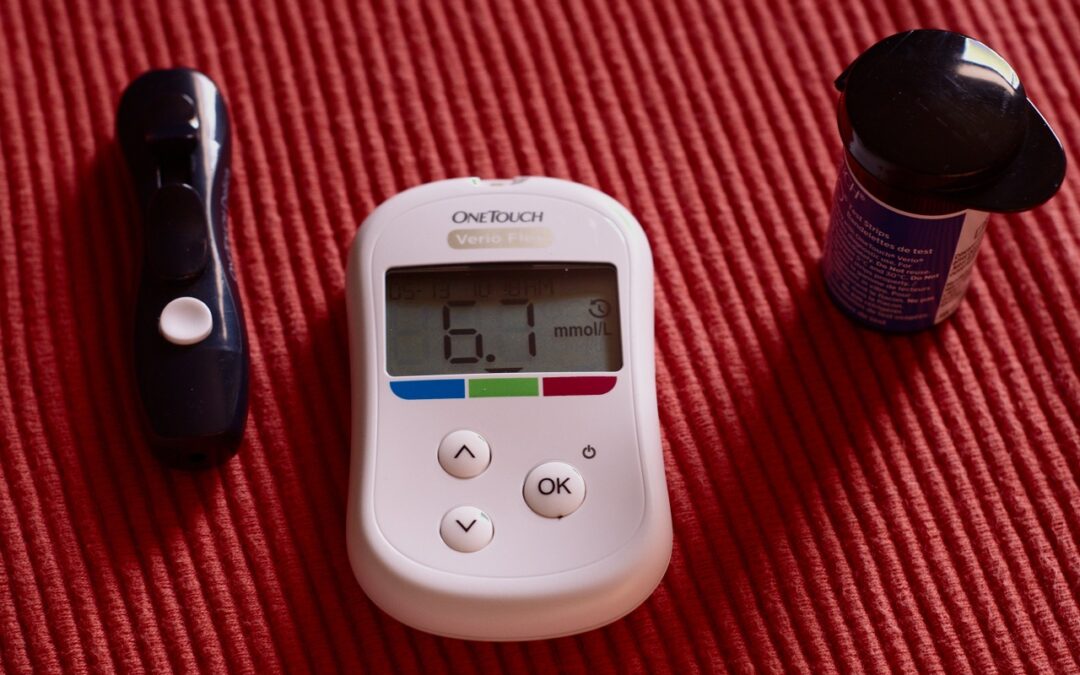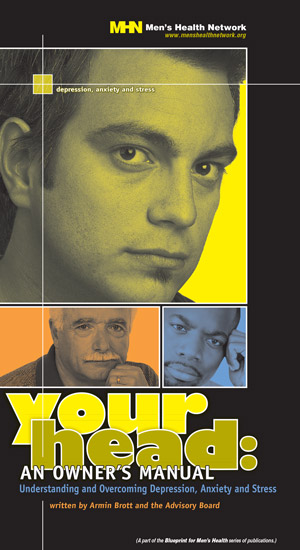Dear Healthy Men: I have diabetes and my wife is driving me crazy, constantly bugging me to check my insulin and take my medication, reminding me what I should and shouldn’t eat, bugging me to exercise more, and generally nagging all the time. I think she means well, but what can I do to get her to lighten up on me?
As we discussed in a previous column, for more than 100 years, scientists have been telling us that marriage is good for men’s health, reducing our stress levels, lowering the risk of heart attack and stroke, and generally extending our life. More recently, researchers have been looking at marital quality as a predictor of health. And the results are pretty much what you’d expect: Happy marriages generally lead to happier, healthier, longer lives, while unhappy ones lead to shorter, less-healthy lives.
There is, however, one exception: guys like you—guys with diabetes. According to researchers at Michigan State University and the University of Chicago, your rocky relationship could be what’s keeping you alive.
I know, I know, that sounds completely counterintuitive, if not completely crazy, right? But the way it works is pretty simple. A woman whose husband has diabetes frequently pays more attention to his health than he does, regulating his diet, encouraging him to do plenty of exercise, monitoring his blood glucose levels, and reminding him to take his medication (is any of this sounding familiar?). Some men would characterize this sort of behavior as micromanagement or nagging. But according to Michigan State sociologist Hui Liu, “sometimes, nagging is caring.” For men who haven’t been diagnosed yet, their tedious, annoying wife may actually keep them from developing diabetes in the first place. And for men who already have a diabetes diagnosis, the nagging could reduce the severity of the disease over time.
According to the American Diabetes Association, more than 30 million Americans have diabetes. And according to the CDC, another 84 million have prediabetes, meaning that without treatment and/or major lifestyle changes, they could develop diabetes within five years). Diabetes is the 7th leading cause of death in the U.S., directly killing nearly 80,000 of us every year, and contributing to the deaths of at least 173,000 more.
Liu and her colleagues analyzed health data from 1,228 married couples, who were interviewed in 2005-2006, in 2010-2011, and 2015-2016. Going into the study, the team assumed that they’d find that high levels of marital happiness would be associated with lower diabetes risk. But instead, they found some fascinating differences between men and women. For men, “an increase in negative marital quality lowered the risk of developing diabetes and increased the chances of managing the disease after its onset.” This creates a rather ironic situation, where the more a man perceives that his wife harangues him, the lower the quality of his marriage—but the greater his odds of managing and surviving his diabetes
For women, however, the opposite was true: “For women, a good marriage was related to a lower risk of being diabetic five years later,” said Liu in a University press release. Specifically, the happier the marriage, the lower her risk. “Women may be more sensitive than men to the quality of a relationship and thus more likely to experience a health boost from a good-quality relationship,” she adds.
Bottom line: You don’t need to get marriage counseling. The best way to get your wife to quit bugging you to take care of yourself is to do the things you know you’re supposed to be doing. Chances are, she’ll still be keeping an eye on you. So when she does remind you about something, thank her. She might be saving your life.




Recent Comments